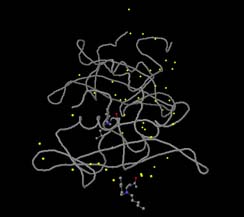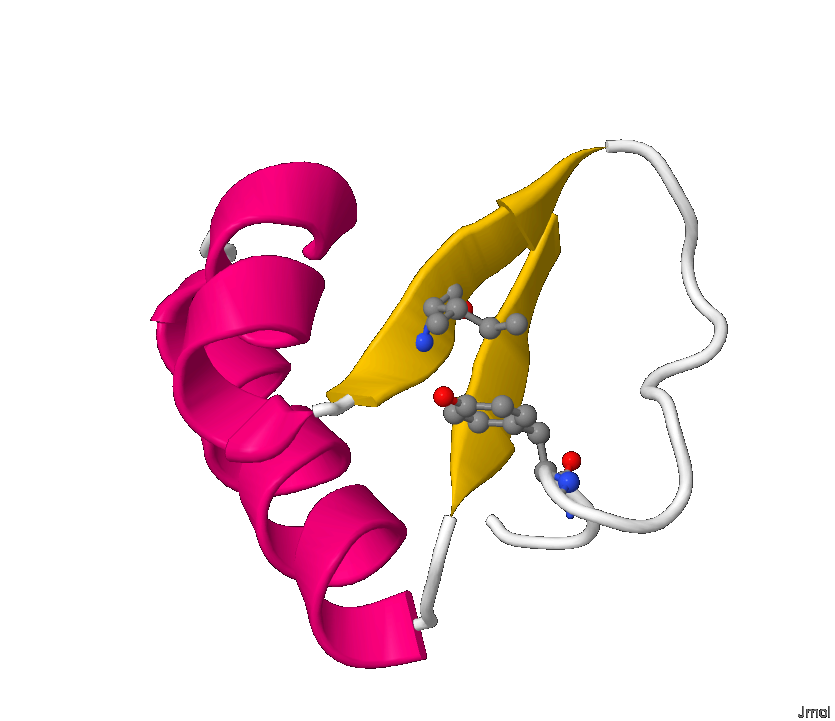


#Jmol close of evidence trial
If a verdict was returned the court may allow the judgment to stand or may reopen the judgment and either order a new trial or direct the entry of judgment as if the requested verdict had been directed. A motion for a new trial may be joined with this motion, or a new trial may be prayed for in the alternative. Not later than 10 days after entry of judgment, a party who has moved for a directed verdict may serve a motion to have the verdict and any judgment entered thereon set aside and to have judgment entered in accordance with the motion for a directed verdict or if a verdict was not returned such party, within 10 days after the jury has been discharged, may serve a motion for judgment in accordance with the motion for a directed verdict. Whenever a motion for a directed verdict made at the close of all the evidence is denied or for any reason is not granted, the court is deemed to have submitted the action to the jury subject to a later determination of the legal questions raised by the motion. Rule 82: Jurisdiction and venue unaffected.Rule 80: Stenographic report or transcript.Rule 79: Books and records kept by the clerk and entries therein.Rule 71: Process in behalf of and against persons not parties.Rule 70: Judgment for specific acts: Vesting title.Rule 65.3: Proceedings for civil contempt.Rule 65.2: Redelivery of goods or chattels.Rule 65.1: Security: Proceedings against security provider.Provisional and final remedies and special procedures Rule 62: Stay of proceedings to enforce a judgment.Rule 59: New trials: Amendment of judgments.Rule 55.1: Special requirements for defaults and default judgments for certain ….Rule 51: Argument: Instructions to jury.Rule 50: Motion for a directed verdict and for judgment notwithstanding the ver….Rule 49: Special verdicts and interrogatories.Rule 48: Number of jurors - Majority verdict.Rule 44.1: Determination of foreign law.Rule 42: Consolidation: Separate trials.Rule 40: Assignment of cases for trial: Continuances.Rule 37: Failure to make discovery: Sanctions.Rule 35: Physical and mental examination of persons.Rule 34: Producing documents, electronically stored information, and tangible t….Rule 32: Use of depositions in court proceedings.Rule 31: Depositions of witnesses upon written questions.

Rule 30: Depositions upon oral examination.Rule 29: Stipulations regarding discovery procedure.Rule 28: Persons before whom depositions may be taken.Rule 27: Depositions before action or pending appeal.Rule 26: General provisions governing discovery.Rule 23.2: Actions relating to unincorporated associations.Rule 23.1: Derivative actions by shareholders.Rule 21: Misjoinder and non-joinder of parties.Rule 19: Joinder of persons needed for just adjudication.Rule 18: Joinder of claims and remedies.Rule 17: Parties plaintiff and defendant: Capacity.Rule 16: Pre-trial procedure: Formulating issues.Rule 15: Amended and supplemental pleadings.Rule 8.1: Special requirements for certain consumer debts.Rule 7: Pleadings allowed: Form of motions.Rule 5: Service and filing of pleadings and other papers.Rule 4.3: Arrest: Supplementary process: Ne exeat.Commencement of action service of process, pleadings, motions and orders


 0 kommentar(er)
0 kommentar(er)
